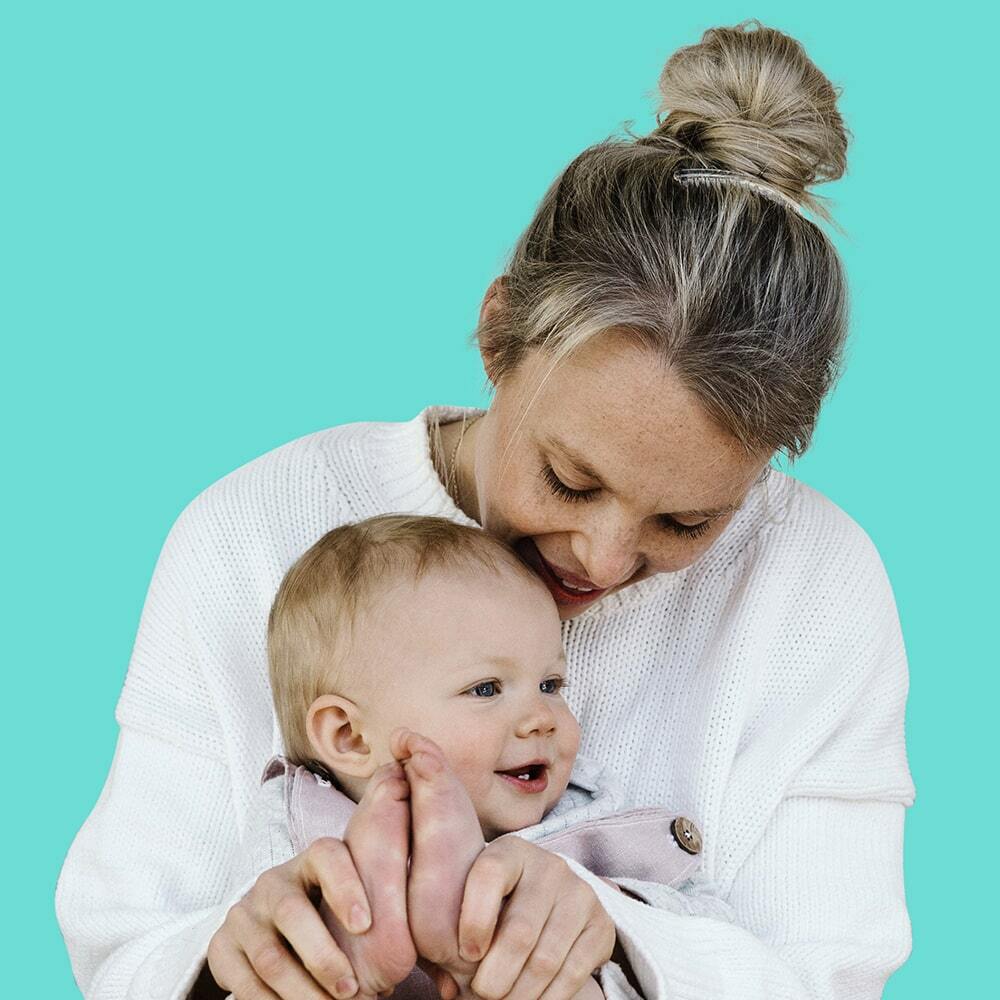IVF Isn't Your Only Option: Understanding Fertility Treatments
8 February 2021

8 February 2021

Whether it’s your first baby or you are wanting to extend your family, struggling to fall pregnant can come with a unique grief and pain. Many people mistakenly believe that if they are unable to successfully fall pregnant naturally, the next step is IVF treatment. While this is an option, it’s not the only fertility treatment worth considering. From intrauterine insemination (IUI), Intracytoplasmic Sperm Injection (ICSI), donor eggs, donor sperm, or even surrogacy, when it comes to starting your family, you aren’t short of options to make it happen.
While infertility can leave you feeling alone and cut off from the world, it is much more common than you think. One in 6 heterosexual couples in Australia will have trouble falling pregnant. If you’re in a heterosexual relationship and have been having regular, unprotected intercourse for six to 12 months and have not been successful, then it is time to look at your next steps. If you’re part of the LGBTIQ+ community, or are looking to start your family on your own – then we suggest you have a chat to the Monash IVF team about your fertility treatment options.
The fertility treatment that is right for one couple or individual may be different from what works for another. Your individual fertility treatment options will depend on your unique clinical situation. In this article, we’ll take you through the different options available at Monash IVF to help you understand the different fertility treatment options available to you.
IVF Treatment
IVF treatment has evolved significantly since Monash IVF helped achieve the world’s first IVF pregnancy in 1973.
IVF, also known as In Vitro Fertilisation, is the process of taking eggs and sperm and combining them in a culture dish in a laboratory. If fertilisation occurs, then an embryo is cultured for 5 days in the laboratory to the blastocyst stage before being transferred back to the uterus for implantation. Monash IVF’s team of experienced scientists are highly skilled at helping embryos grow. We provide embryos with the best possible conditions to thrive, and utilizing state-of-the-art technology. If the embryos do develop and are suitable for transfer, they can either be transferred to the uterus, or frozen for use in a later treatment cycle.
Some common reasons IVF is recommended include:
IUI Procedure
Undergoing an IUI procedure is a less-expensive, stressful and invasive fertility treatment option with a good success rate avoiding the need for IVF. It is a simple procedure that involves mildly stimulating the ovaries to produce 1-3 follicles, monitoring with TVS to detect the most fertile time and using a catheter to introduce a carefully selected sample of prepared sperm to the uterus. This procedure only takes a few minutes and is often likened to a pap smear.
ICSI Procedure
Intracytoplasmic Sperm Injection, or an ICSI procedure, is where a single sperm is selected by our highly skilled scientists is injected into the egg in a culture dish. This gives the egg the best chance at fertilisation. The process is very similar to IVF, but the main difference is that IVF uses many sperm to fertilise the egg which allows the sperm to fertilise the egg naturally, whereas ICSI uses one single sperm, which is directly injected into the egg.
ICSI is a good fertility treatment option for those who have:
Donor Eggs & Donor Sperm
When it comes to creating a family, some people need the assistance of a donor to get pregnant. Donor eggs, donor sperm or donor embryos can help.
There are usually three different types of sperm and egg donors:
If you’re looking at becoming an egg donor or becoming a sperm donor, you have the opportunity to help someone realise their dream of having a baby.
Surrogacy
For some people, surrogacy offers the chance of starting or continuing their family. It’s an agreement where a woman carries and gives birth to a baby for the intended parent/s. Gestational Surrogacy involves the implantation of an embryo into the surrogate using the egg and sperm from the intended parents, donor eggs and sperm, or a combination of both.
Surrogacy could be an option for individuals or couples who:
Finding The Right Help
Everyone’s fertility journey is unique. That’s why we provide personalised treatment plans which are tailored to your individual circumstances. If you would like to know more about the different fertility options offered at Monash IVF, you can book a free nurse chat, or book an appointment with a fertility specialist.

Wherever you are on your journey, one of our supportive nurse enquiry team members can help you understand your options and take the next step. These conversations are free and informative.